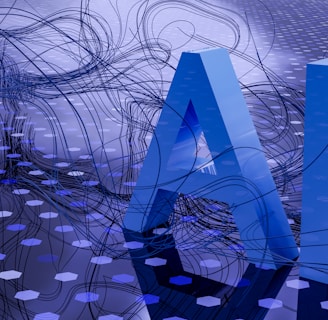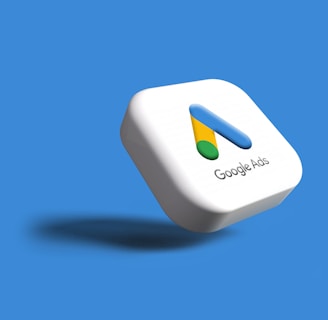
The Rise of Artificial Intelligence (AI) for Personalization and Automation


Introduction: By enabling smarter, quicker, and more effective interactions, artificial intelligence (AI) is completely changing the digital landscape. AI is transforming how companies run and how customers interact with information, from personalized suggestions on e-commerce websites to clever automation in customer support. AI's role in automation and personalization is becoming increasingly important as companies work to satisfy the ever-increasing needs of their customers.
The Digital Age's Demand for Customization: Today's consumers anticipate that brands will be aware of their preferences. Eighty percent of consumers are more likely to buy from a brand that offers tailored experiences, per an Epsilon survey. By evaluating user data, including browsing habits, past purchases, and demographics, AI enables the delivery of personalized content, product recommendations, and focused advertising campaigns.
How AI Enables Personalization
Recommendation Engines: Platforms like Netflix and Amazon use AI algorithms to suggest content or products based on user interactions. These engines analyze historical data and predict future behavior.
Dynamic Content Delivery: AI tools enable websites to show different content to different users. For example, a homepage may highlight winter wear for users from colder regions while showing beachwear for tropical users.
Email Personalization: AI can craft customized email subject lines, content, and timing based on user behavior, increasing open and conversion rates.
Automation: Streamlining Business Processes: While personalization enhances the user experience, automation helps businesses operate more efficiently. AI-driven automation can handle repetitive tasks, allowing human employees to focus on strategic initiatives.
Key Applications of AI in Automation
Chatbots and Virtual Assistants: AI-powered bots provide instant responses to customer queries 24/7, improving customer satisfaction.
Process Automation: In industries like finance and healthcare, AI can automate complex workflows, reducing errors and saving time.
Predictive Maintenance: AI algorithms can predict equipment failures before they occur, minimizing downtime in manufacturing sectors.
Benefits of AI-Driven Automation
Cost savings
Increased operational efficiency
Better decision-making through real-time data analysis
Real-World Examples
Spotify: Uses AI to personalize playlists and suggest music.
Sephora: Provides AI-driven product recommendations and beauty advice.
Google Ads: Leverages AI for automated bidding and ad targeting.
Future Outlook As AI technology advances, we can expect even deeper integration with IoT, AR/VR, and real-time data analytics. Businesses that embrace AI will not only gain a competitive edge but also redefine their customer experiences.






